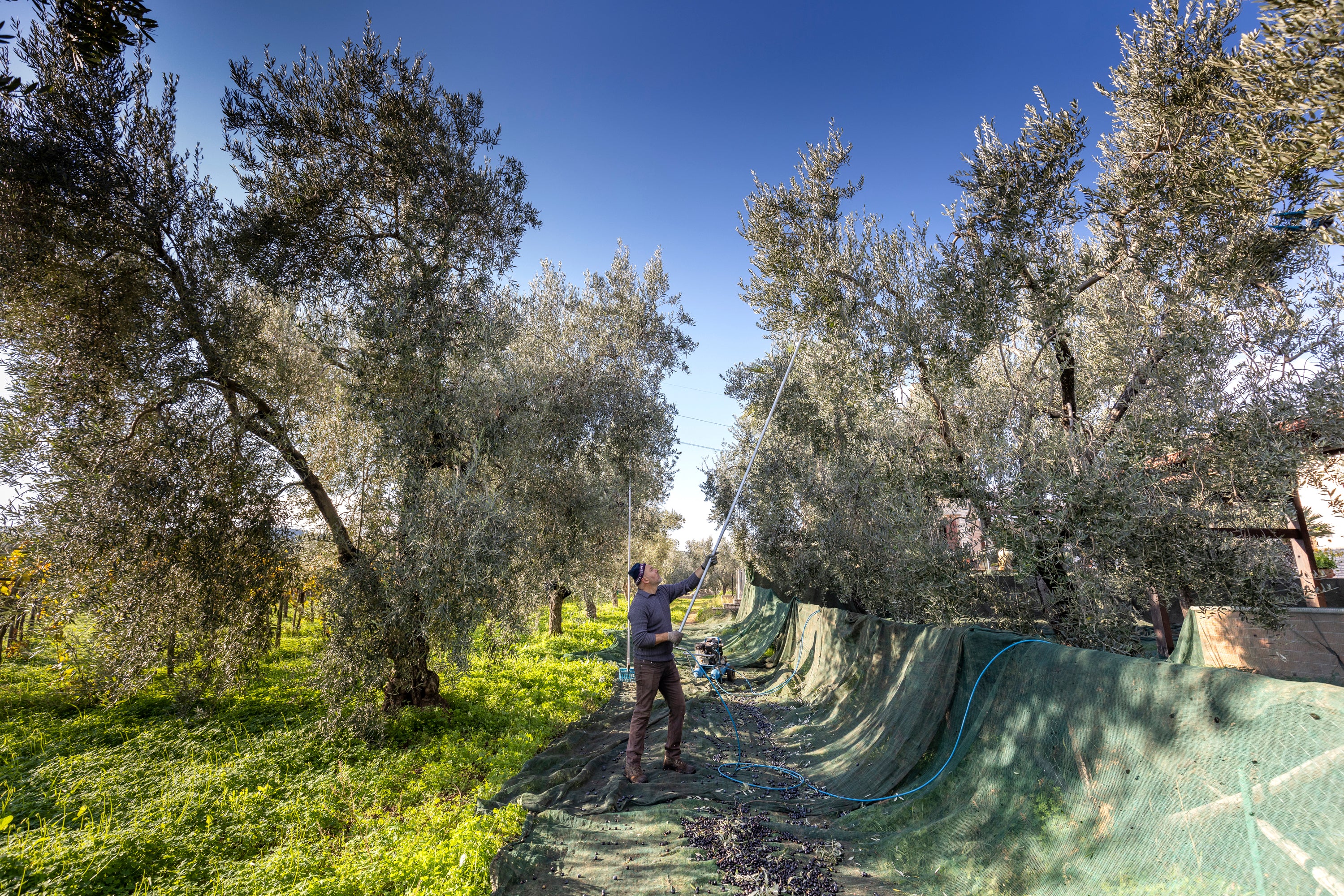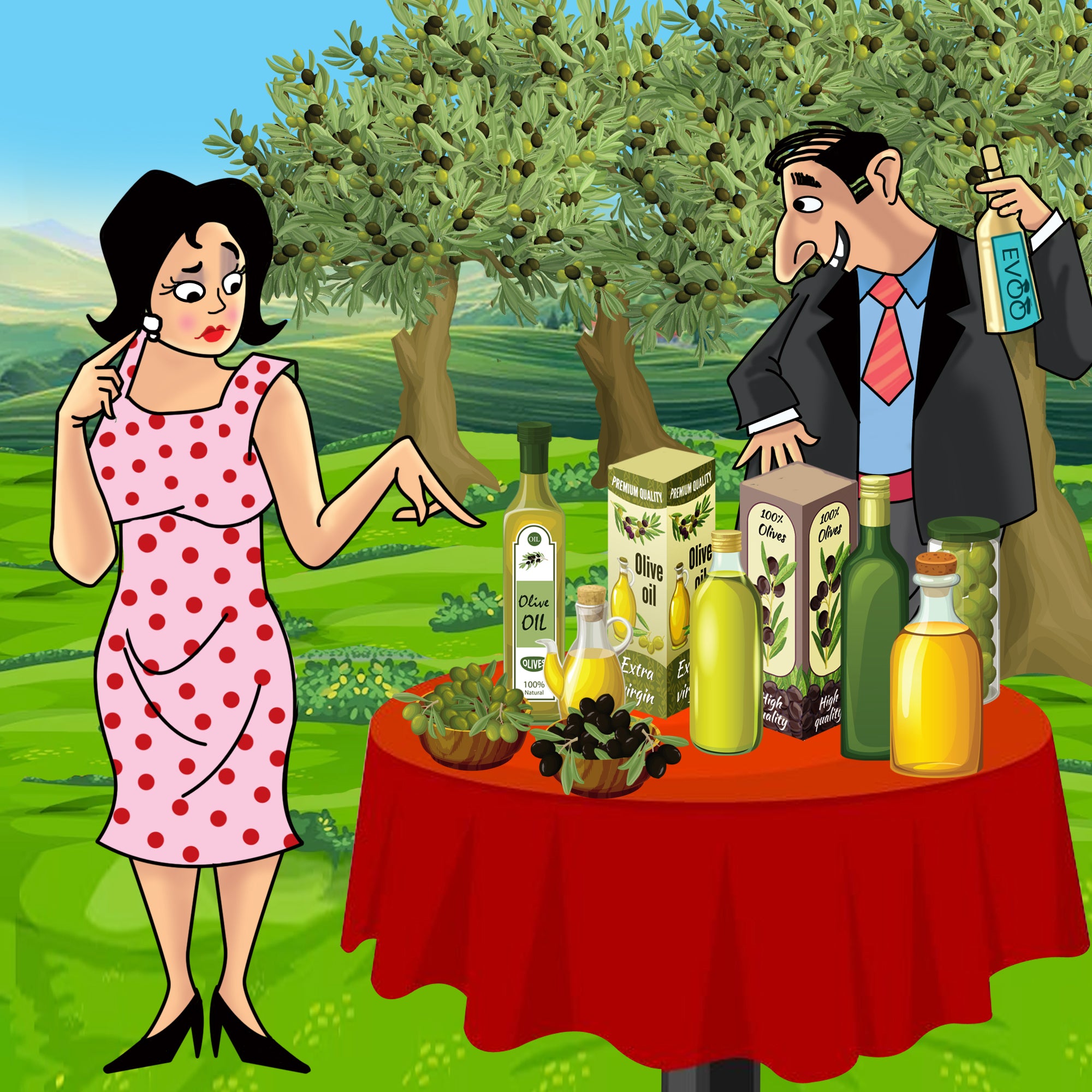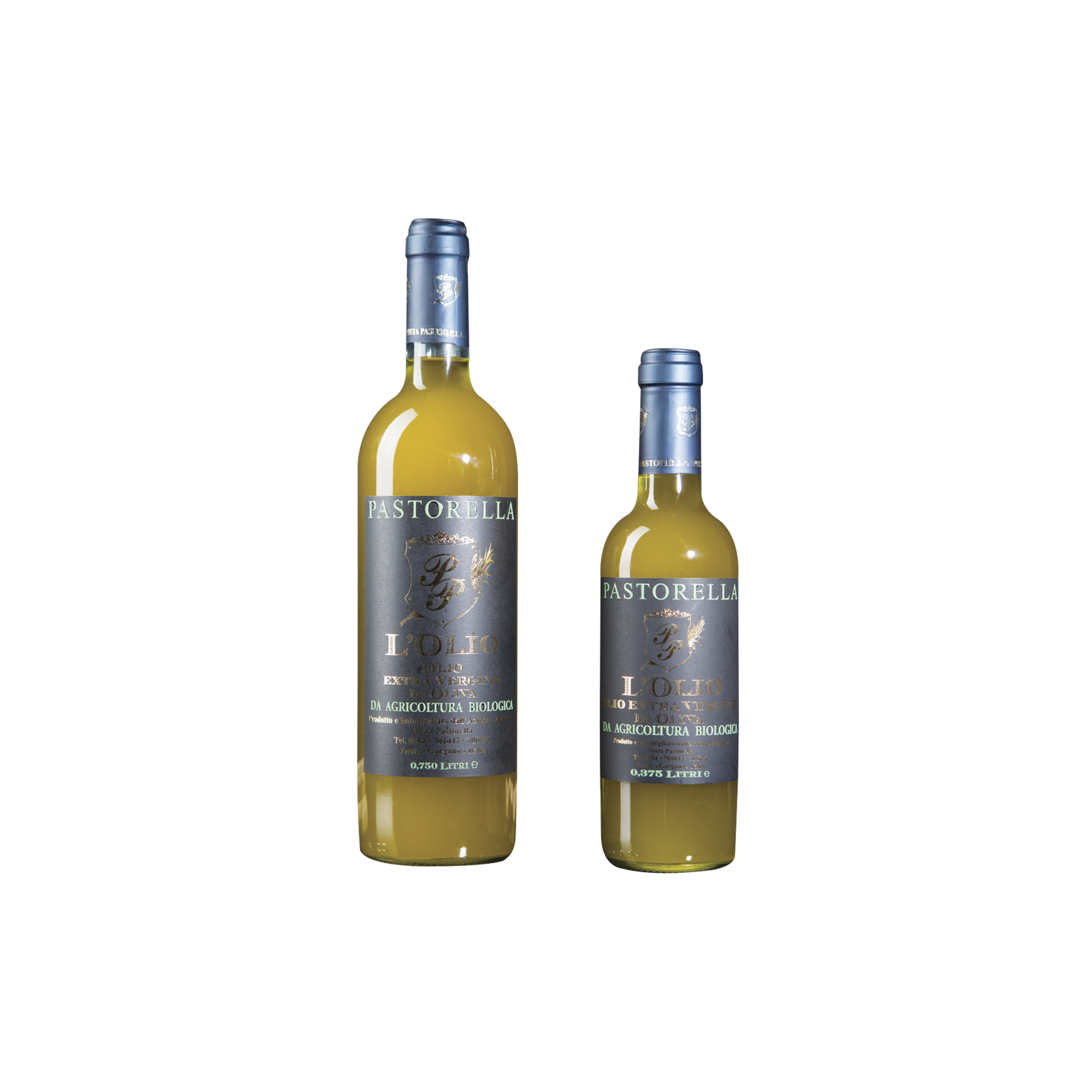Fourty years ago, in a small four-hectare plot in Italy’s southeast, a derelict manor and its withered garden were confined by sun-split walls. The nearby hills of Gargano whipped coastal winds from the nearby Adriatic Sea that lashed the valleys and forests of the region. When the gusts reached the derelict manor they would rattle the windows, doors and bones of the house and blow further inland, where the breezes would have to squeeze through wild and gnarled groves of sickly trees, forcing the wind into whispers, as if not to disturb the fauna. These untamed patches of wild plants were filled with the ever-persistent Oleander Europaea; Olive Trees.
Present day, the Pastorella manor is pristine and is a beacon of soft light among Gargano’s wilderness. The flowerbeds are vibrant, the foundations are creakless, and the chittering crickets give the impression of paused time. Vineyards dot the hillsides and the once wild scatterings of gnarled olive trees are now neatly arranged in tidy rows of abundant bushes where the juiciest olives ripen on the branches like ivy jewels.
The olive and the oil it produces is one of the most revered commodities in human history and it is used symbolically across many religions, mythologies, and cultures. This reverence also persists within the industry itself, indeed, the link between many producers and their olive oil is almost holy. Pride and piety both inflate even the most modest of oils up into what would be regarded as divine; at least, so a lot of producers would say, who would equate their oil to the oil that was used to wash the feet of Jesus. Zeal is a decent motivator, love is a better one.
The Pastorella family are well aware of these swollen notions held by many within the olive oil industry, but over the years they’ve placed their values instead in the slow-burning virtues of time, family, and love of the craft and the crop. The Pastorellas purchased and renovated the manor fourty years ago to honour its history and its usage as a farmhouse, post office and waylay station in the land their family called home. The olive groves were tended to by the Pastorella matriarch who had a love of growing things, and the vineyards were cultivated by the patriarch whose passion for wine was boundless. Now, time has gifted these responsibilities to the Pastorella’s next generation, one brother’s love mirroring his mother’s, and the other his father’s. These three iterations of multi-generational love – the guesthouse, the olive oil, the wine - made Pastorella a modest champion of familial and local celebration. This holiness turned the barren into the beautiful, purgatory into paradise.


